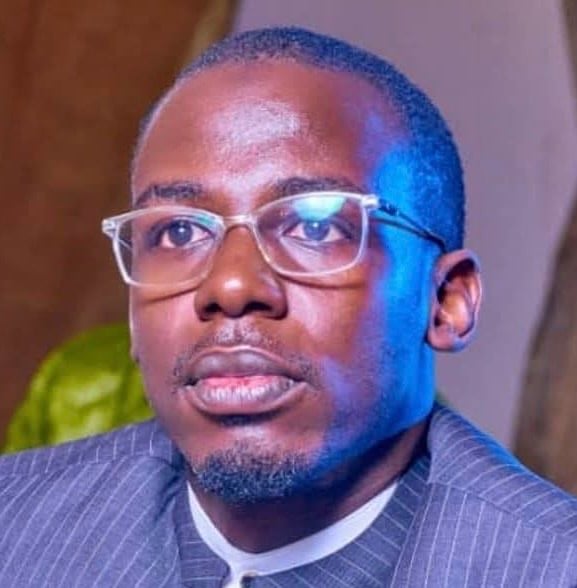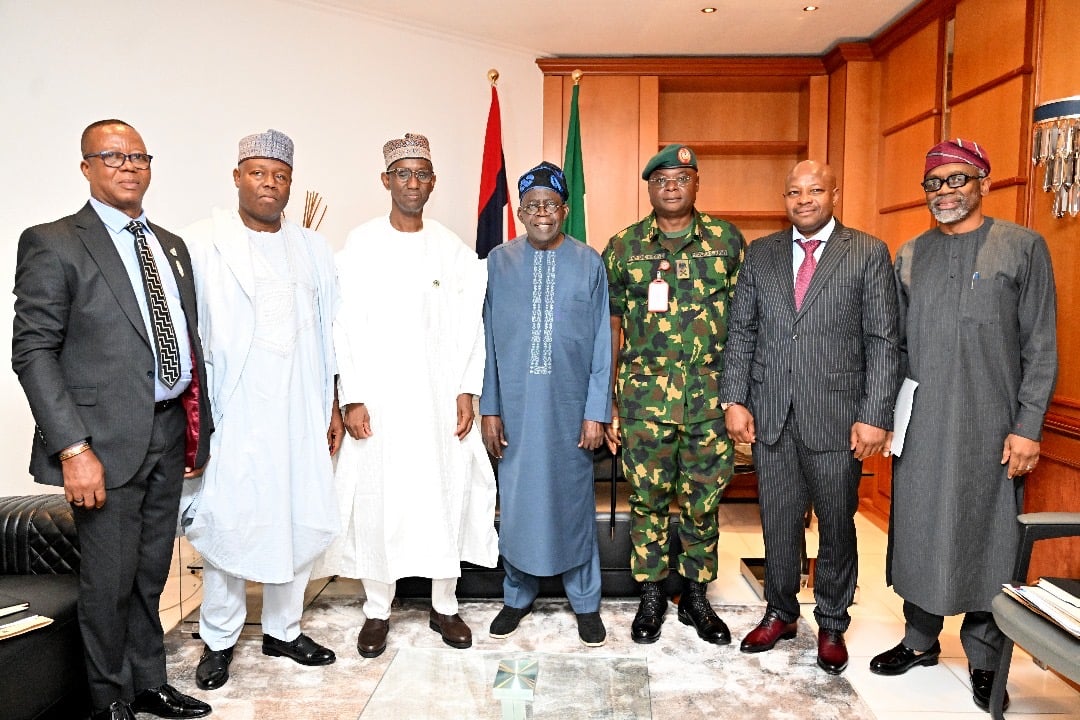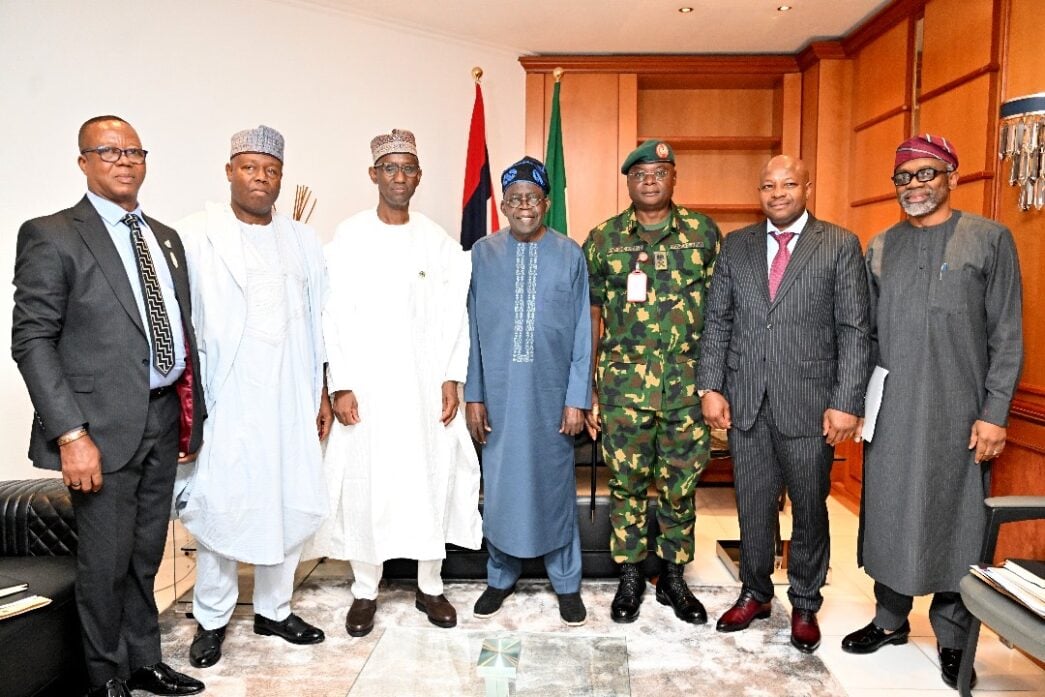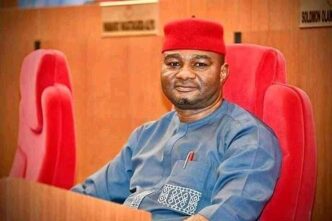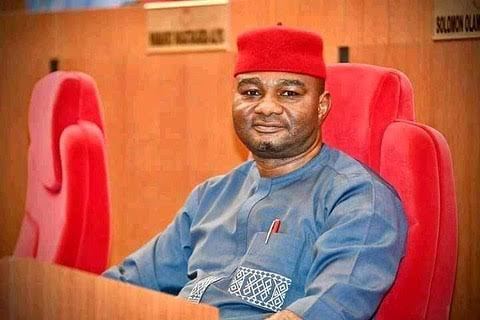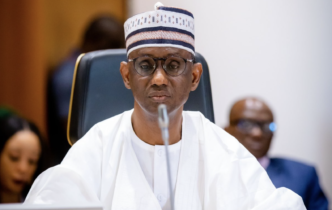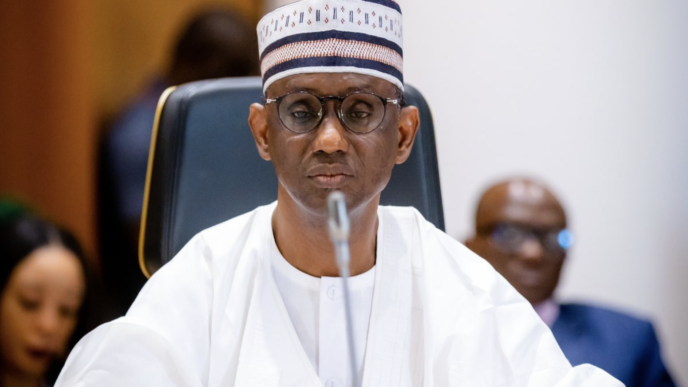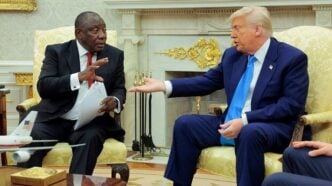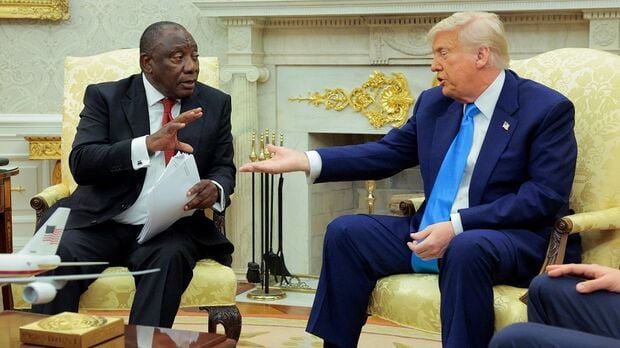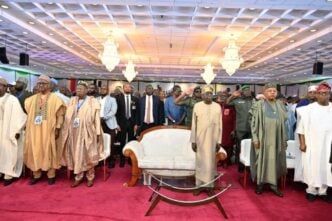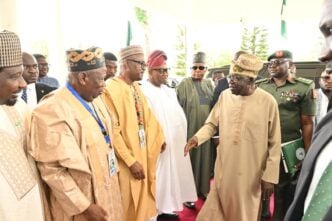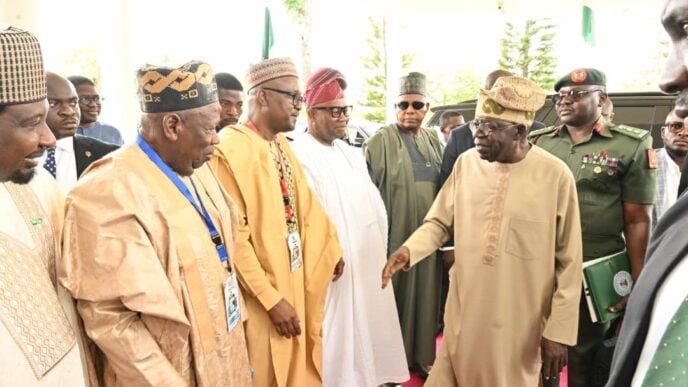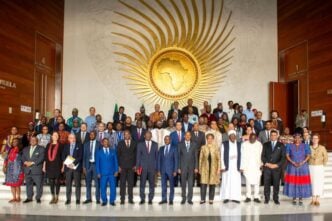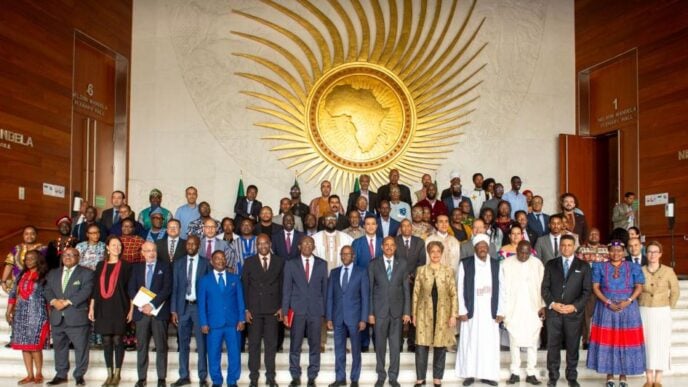There are stories that do not scream. They unfold not on television, social media scrolls or in the exaggeration of viral tweets but in moments of stillness, in places where peace used to be a stranger and is now fully settled. They whisper from war rooms lit by strategy, not spectacle. From farmlands where once no child dared to run, now echoing with laughter. From police outposts resurrected brick by brick, from rubbles and ashes. I believe this is one of those stories, a chronicle of how Nigeria, through quiet resolve and determined strategy, began to reclaim itself from the grip of chaos.
In the days before May 29, 2023, Nigeria resembled a federation of fragilities. Boko Haram’s menace in the Northeast had become a grim tradition. The forests of the Northwest served as capitals for bandit warlords, and separatist violence in the Southeast had turned whole communities into no-go zones. In Kaduna State alone, officials recorded 1,192 people killed and over 3,300 kidnapped in one year alone. By 2023, more than 35,000 had perished in the decade-long insurgency in Borno. In the oil-rich Niger Delta, pipelines suffered more attacks than some military formations. We had not only inherited chaos; we had normalized it.
But then came a change not the kind that arrives with fireworks or national applause, but the kind you almost miss until it begins to reshape your mornings. President Bola Ahmed Tinubu brought with him a clarity of purpose, and in the shadow of that vision emerged a key figure—Nuhu Ribadu, the National Security Adviser, whose name evokes a different kind of fear now: fear among criminals that Nigeria has stopped sleeping.
On Thursday, the NSA was called upon at the APC midterm conference to give an account of this salient sector in the last two years. With no drama or innuendo, Ribadu gave an excellent account using facts and figures. Many in the room nodded because like millions of Nigerians they could identify how reign of terror that once stopped many people from going home now cave in to strategic warfare.
Advertisement
In two years under Tinubu’s leadership and Ribadu’s supervision, the story is pleasant for every dispassionate follow of events. In terms of figurers, over 13,500 terrorists and armed criminals have been neutralized. More than 17,000 arrests made. Over 11,200 hostages freed. More importantly, over 124,000 insurgents and their families surrendered, handing over more than 11,000 weapons. These are not just numbers, they are milestones engraved in human relief. They are the sighs of parents who once despaired of seeing their children return from school, or from bandits’ camps.
In the Northwest, especially Zamfara and Kaduna, 11,250 hostages have been freed, and some of the most dreaded warlords—Ali Kachala, Boderi, Halilu Sububu—are no longer here to perpetrate their reign of terror. The government also deployed a comprehensive system of non-kinetic approach using dialogue and community engagement. Dubbed the Kaduna Model, it’s a precursor to a full-scale initiative called Operation Safe Corridor Northwest, which is in the works. Through it, 35 repentant bandit leaders laid down their arms. It is not forgiveness out of weakness, but a recovery strategy.
In the Northeast, where peace seemed like a myth, Borno is witnessing what can only be called thoughtful rebirth. Over 13,543 insurgents neutralized. Over 102,000 surrendered. In the charred heartlands of the Timbuktu Triangle and the marshy lairs of Tumbu Islands, soldiers pushed insurgents into retreat. Eleven thousand recovered weapons and 252,596 rounds of ammunition lie in silent testimony.
Advertisement
Villages once erased from maps are reappearing in census reports. Resettlement has moved from policy to practice, and the air hums again with the sound of trade.
The Niger Delta, once a corridor of corruption and criminal oil syndicates, witnessed a quiet economic resurgence. Crude oil production, which had dipped to less than a million barrels per day before 2023, climbed to an average of 1.8 million barrels in 2025. This was not a fluke. It was the product of relentless operations. Operation Delta Safe dismantled 1,978 illegal refineries, 3,849 dugout pits, and 3,773 cooking ovens used to process stolen crude. The pipelines turned green—operational—for the first time in years. And then, history was made: oil production was scheduled to resume in Ogoniland, a region silent for over three decades, this time with community consent and federal protection.
In the Southeast, the tide is turning. IPOB’s once-feared sit-at-home orders are losing their grip. Fifty police stations have reopened. Separatist strongholds are collapsing. The streets of Enugu, Owerri, and Abakaliki hum again, not with threats, but with trade, traffic, and talk.
Perhaps the most underreported but crucial front is cyberspace security. Ribadu’s war room doesn’t just fight with boots on the ground—it wages battles in the cloud. The Binance case exposed billions in crypto-linked economic sabotage. Dozens of suspicious accounts tied to terrorism and separatism were frozen. The newly established National Digital Forensic Laboratory now supports military and law enforcement investigations. A robust plan to protect critical national infrastructure has been activated and enforced.
Advertisement
And still, Ribadu does not claim the spotlight. When he speaks, it is to remind us of the horrors we survived—the Kaduna train bombing, the Owo church massacre, the 1,841 inmates who vanished from Kuje and Owerri. He asks us not to clap but to remember.
This is not to declare total victory. The Sahel still burns with jihadist fury, and regional instability laps at our borders. Arms still flow illegally, and climate-driven conflicts remain a threat. But there is a difference now: Nigeria is not merely reacting. It is anticipating. It is prepared.
Eight pillars now guide our national security approach: intelligence, inter-agency coordination, frontline operations, equipping, aerial upgrades, cyber defense, capacity building, and international collaboration. These are not bullet points on paper; they are the reason we can now speak of progress, not just pain.
If President Tinubu lit the flame, Ribadu has guarded it, shielding it from the winds of cynicism and sabotage. Two years on, the flame does not flicker. It burns brighter.
Advertisement
This is the story of a country still marked by its wounds, but no longer defined by them. The story of a nation that now walks with purpose where it once stumbled in panic. The battles are not all won, but for the first time in a long time, Nigeria is not on its knees. It is on its feet.
Auwal writes from Abuja, and can be reached via [email protected]
Advertisement
Views expressed by contributors are strictly personal and not of TheCable.
